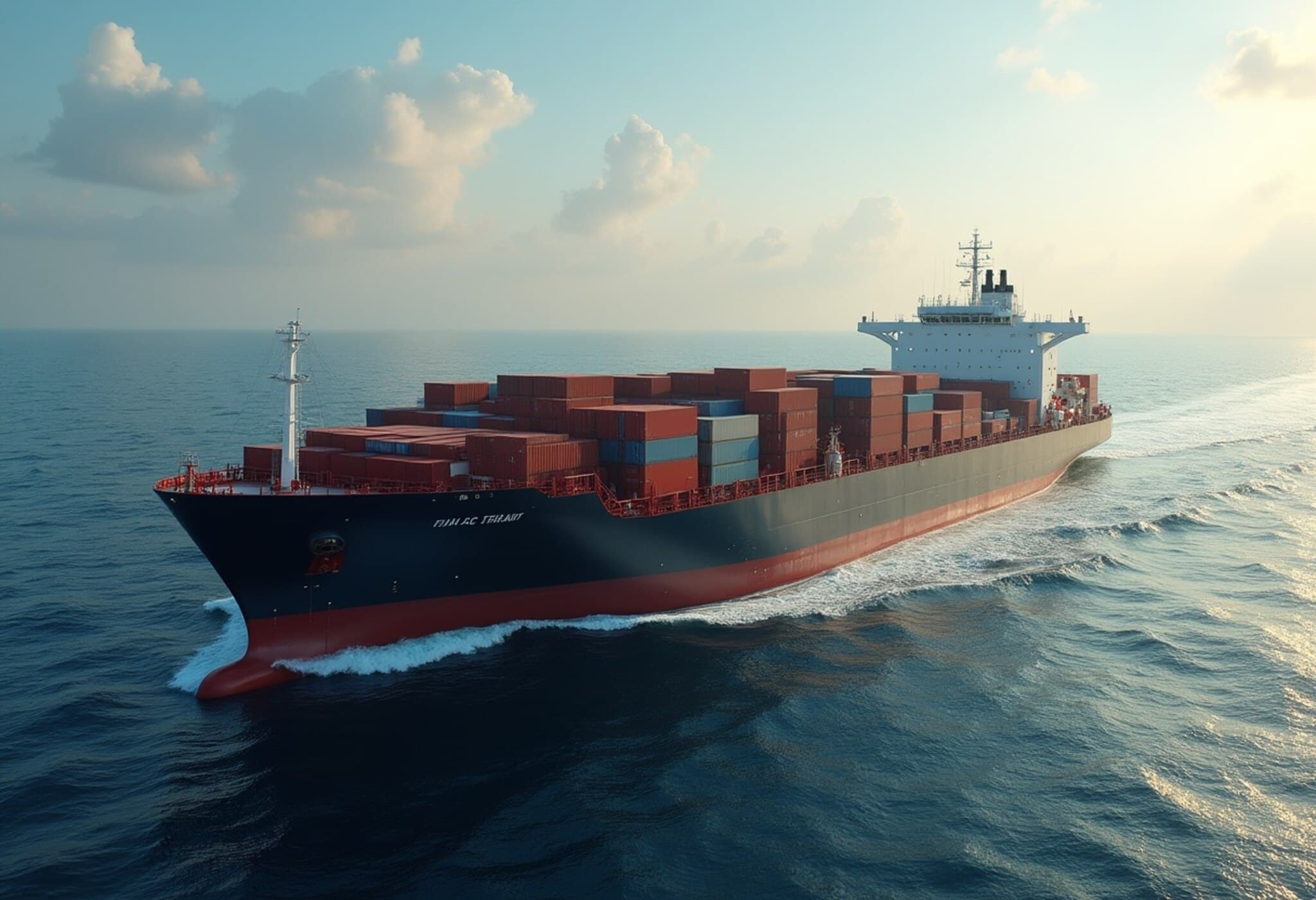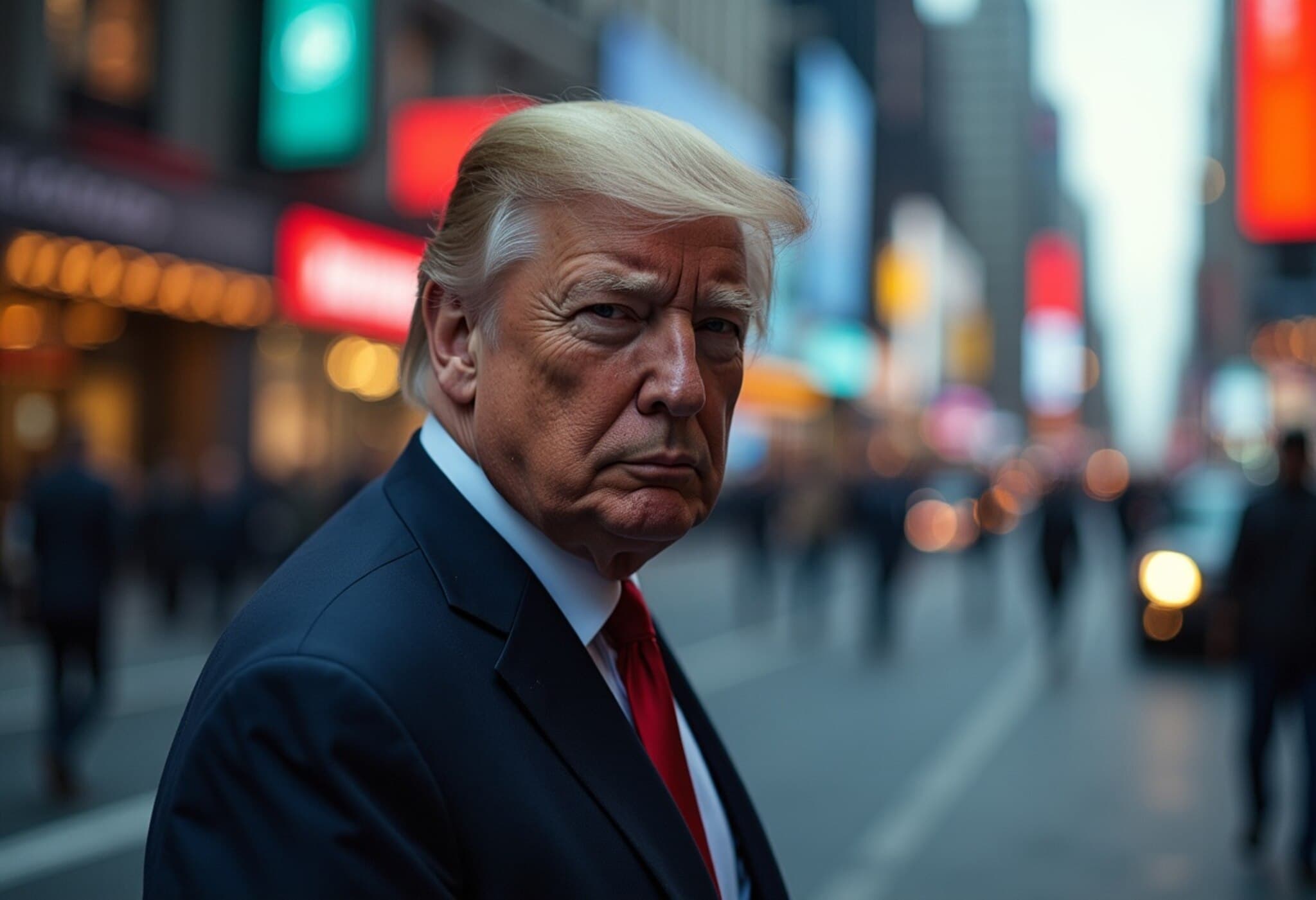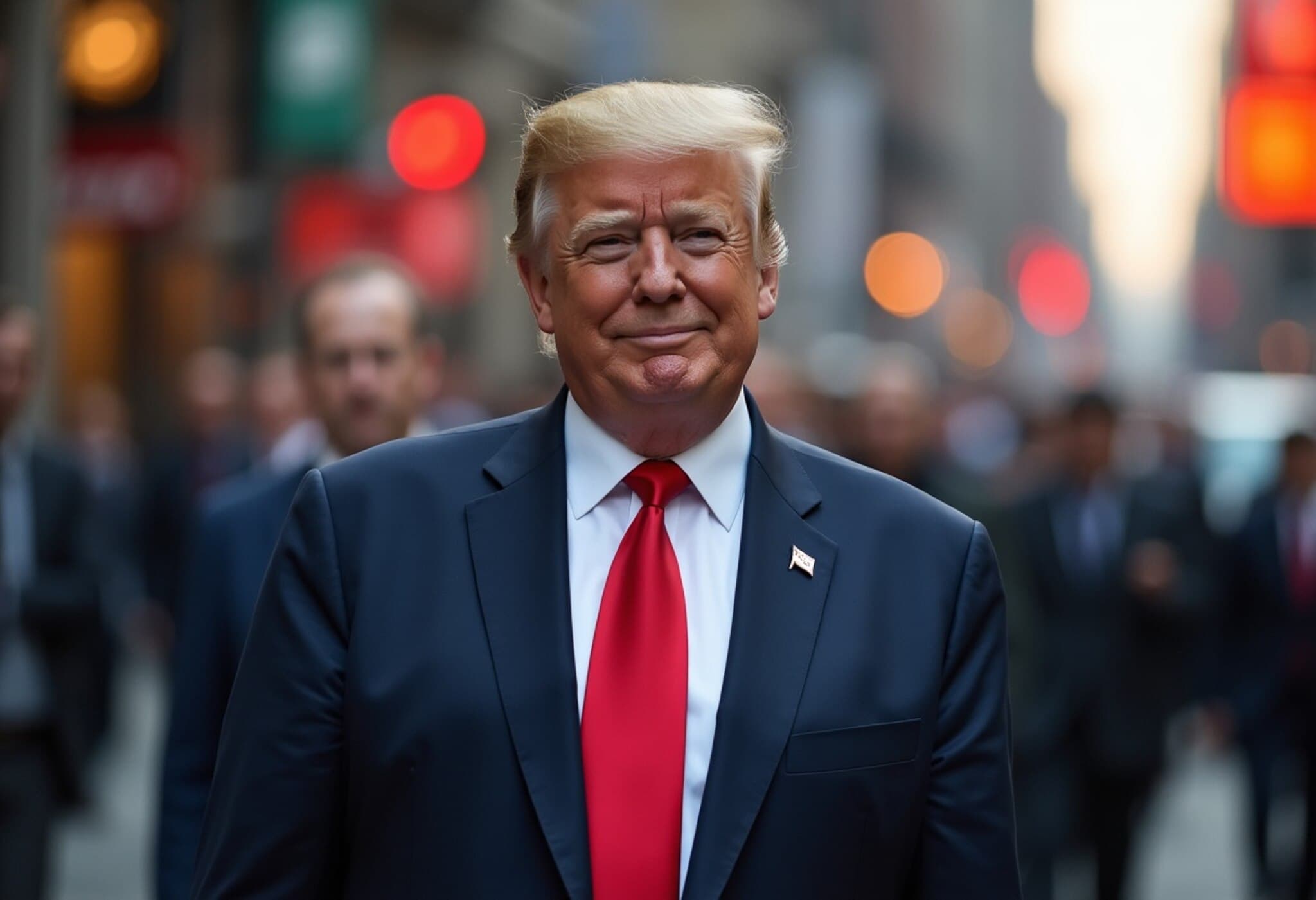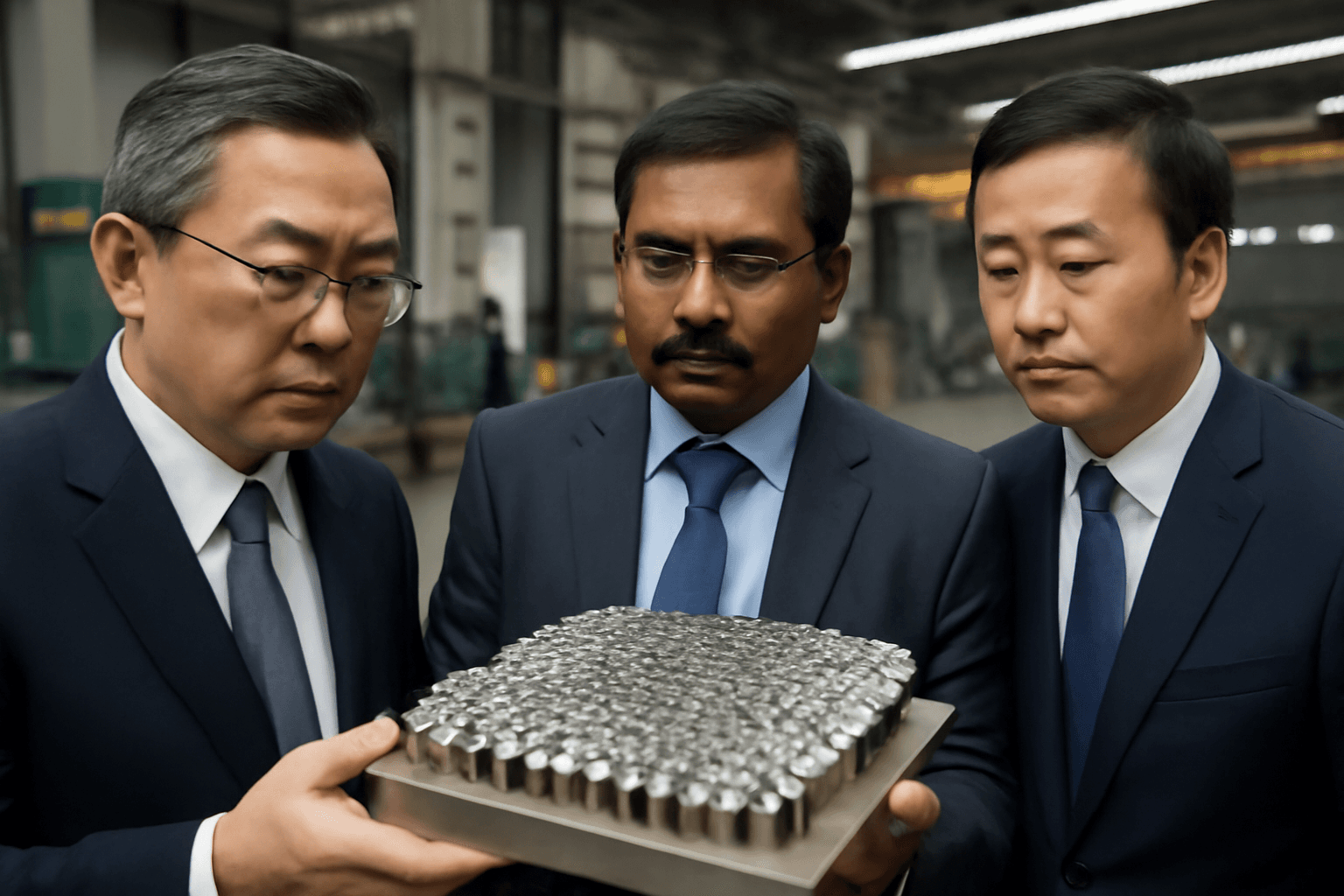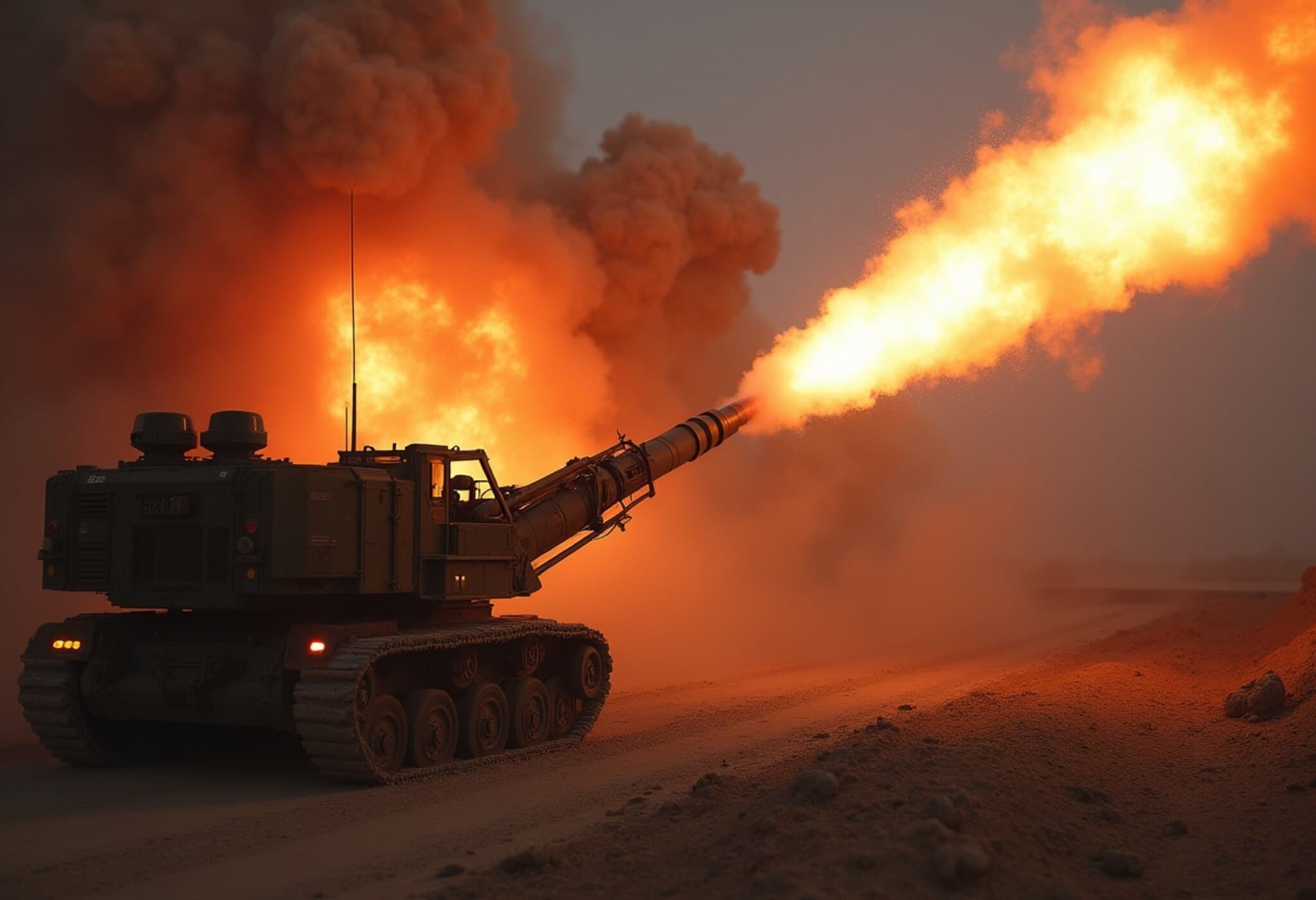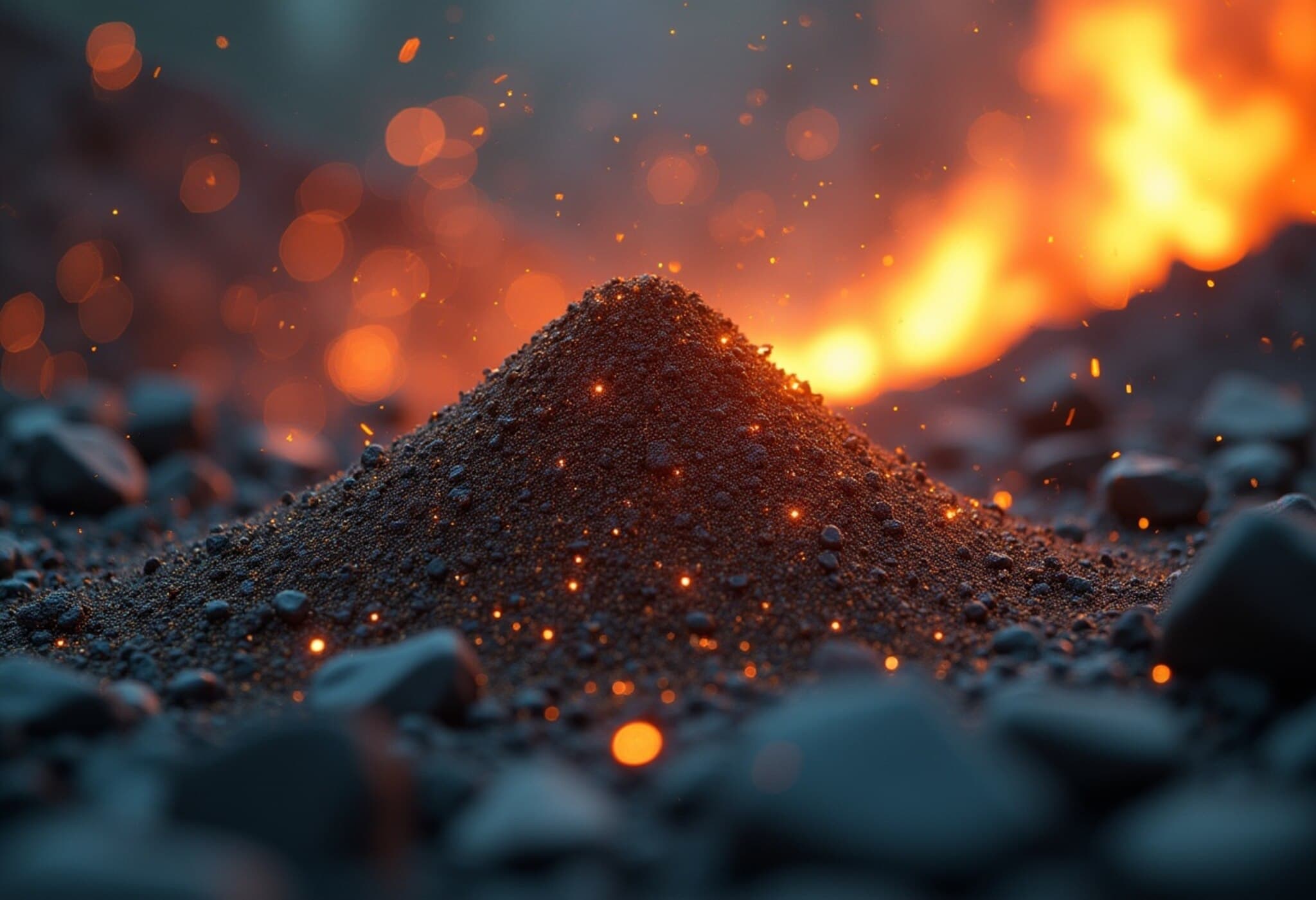China's Rare Earth Export Restrictions Stir Concerns in Defense Sector
Recent export restrictions imposed by China on rare earth elements have sent shockwaves through key industries worldwide, especially the automotive sector. However, experts warn that Western defense manufacturers may soon face serious challenges as well.
Diplomatic engagements between the United States and China resumed with a fresh round of trade talks in London, aiming to ease escalating tensions over rare earth minerals and advanced technologies. Amid these discussions, the White House has hinted at a possible relaxation of chip export controls, contingent on China increasing its rare earth exports. This has sparked investor optimism for a potential breakthrough.
Strategic Importance of Rare Earth Elements
China dominates the supply chain for critical minerals, accounting for around 60% of global rare earth output and close to 90% of their processing. These materials are vital not only for electric vehicle manufacturing but also for cutting-edge defense technologies, including radar, sonar, and propulsion systems.
Export controls were introduced by China's Ministry of Commerce in early April as a response to increased U.S. tariffs on Chinese products. The restrictions require exporters to obtain licenses for rare earths and magnets — essential components for numerous sectors.
Impact on Defense and Automotive Industries
- The automotive industry has expressed serious difficulties navigating the licensing process and warns of production disruptions as inventories dwindle.
- Defense manufacturers, although less publicly vocal, face profound risks. Critical minerals like samarium, used in magnets for F-35 fighter jets, are becoming scarce, threatening both production capabilities and national security.
While some easing appeared over the weekend, with China establishing a "green channel" to fast-track export licenses for European Union firms, key minerals remain tightly controlled. U.S. automakers such as Ford and Jeep have received limited licenses, highlighting a cautious approach by Beijing.
Market Repercussions and Industry Response
Stock prices of prominent European defense companies declined ahead of the renewed U.S.-China talks, reflecting investor unease. The export restrictions have raised alarms behind closed doors among defense contractors, with concerns mounting over supply shortages.
Experts emphasize the necessity for coordinated efforts among the U.S., EU, and Australia to bolster rare earth production. Financial incentives such as production tax credits and subsidies could prove crucial, especially considering market dynamics that jeopardize the viability of non-Chinese rare earth supply if prices remain low.
Additionally, demand-side policies encouraging mineral procurement from allied nations are seen as vital steps toward reducing reliance on China.
Looking Ahead: A Delicate Balance
Despite the critical role of rare earth elements in defense, the manufacturing and usage scale in military applications is relatively smaller compared to consumer technologies like electric vehicles and robotics. This complexity makes the situation less transparent but no less urgent.
As both sides navigate complex geopolitical and economic pressures, the outcome of the trade talks could significantly shape the future availability of these essential materials and the industries that depend on them.




